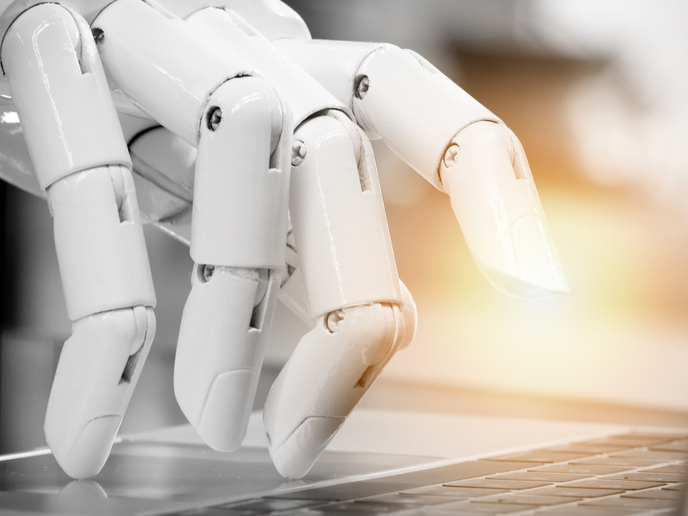How automation affects work, economies – and society
Automation offers the promise of increased productivity, competitiveness and well-being. But these same technologies, including robotics, big data, machine learning and artificial intelligence (AI) will also have a major impact on social inequalities. It is this latter point that tends to make people nervous about – even hostile against – all things automatic. “Will my job be replaced by a robot?” “What can I do to prepare myself for an automated future?” “How can we redesign the social welfare system to function in an automated world?” “Can we afford the necessary social programmes?” These are just some of the most commonly asked questions about automation – and the questions that the EU-funded project TECHNEQUALITY (Technological inequality – understanding the relation between recent technological innovations and social inequalities) intends to answer. “Our goal is to provide empirical evidence on how automation is impacting – and will continue to impact – European societies,” says Mark Levels, a professor at Maastricht University(opens in new window), the project’s lead partner.
A manageable risk
To accomplish this, project researchers are studying how AI and robotics impact work. They are also analysing how automation could affect various social groups differently and how technological innovations will likely change social inequalities. “Our researchers are working shoulder-to-shoulder with policymakers to find out how governments can best balance the need to optimise the economic benefits of automation with the need to mitigate against its potential social risks,” explains Levels. Although still a work in progress as the project will end in December 2021, researchers have already made several important findings, including about how automation will impact the labour market(opens in new window). For example, the project estimates that anywhere from 5 to 44 % of all jobs in Europe could be replaced by automation. Perhaps more importantly, they have determined that the effect that this automation will have on European society depends on a wide range of variables, including governance. “Our models certainly suggest that automation is a manageable risk,” he notes. According to Levels, if governments take the right steps, European economies could flourish, and mass unemployment can be prevented: “The key, however, is that governments must act now.”
Preparing for an automated future
Based on these findings, the project has produced policy suggestions(opens in new window) that can help regional, national and international governments better respond to the challenges of automation. “Although tremendously important for economic growth in the EU, automation may also spawn societal volatility, increased inequality, reduced social mobility, and new social strife,” says Levels. “If TECHNEQUALITY can help governments prepare for this future by outlining the intended and unintended consequences of policy responses, our mission will have been a success.” As they are moving into the final 6 months of the project, the research team is currently working to finalise their empirical analyses, with a focus on how automation will impact education, welfare and public finances. Researchers are also in the early stages of launching a follow-up project that would further expand on and advance TECHNEQUALITY’s findings. “We set out to produce science that matters to society,” concludes Levels. “We asked some big, challenging questions and provided practical answers that governments and businesses can work with – which is something I am very proud of.”







